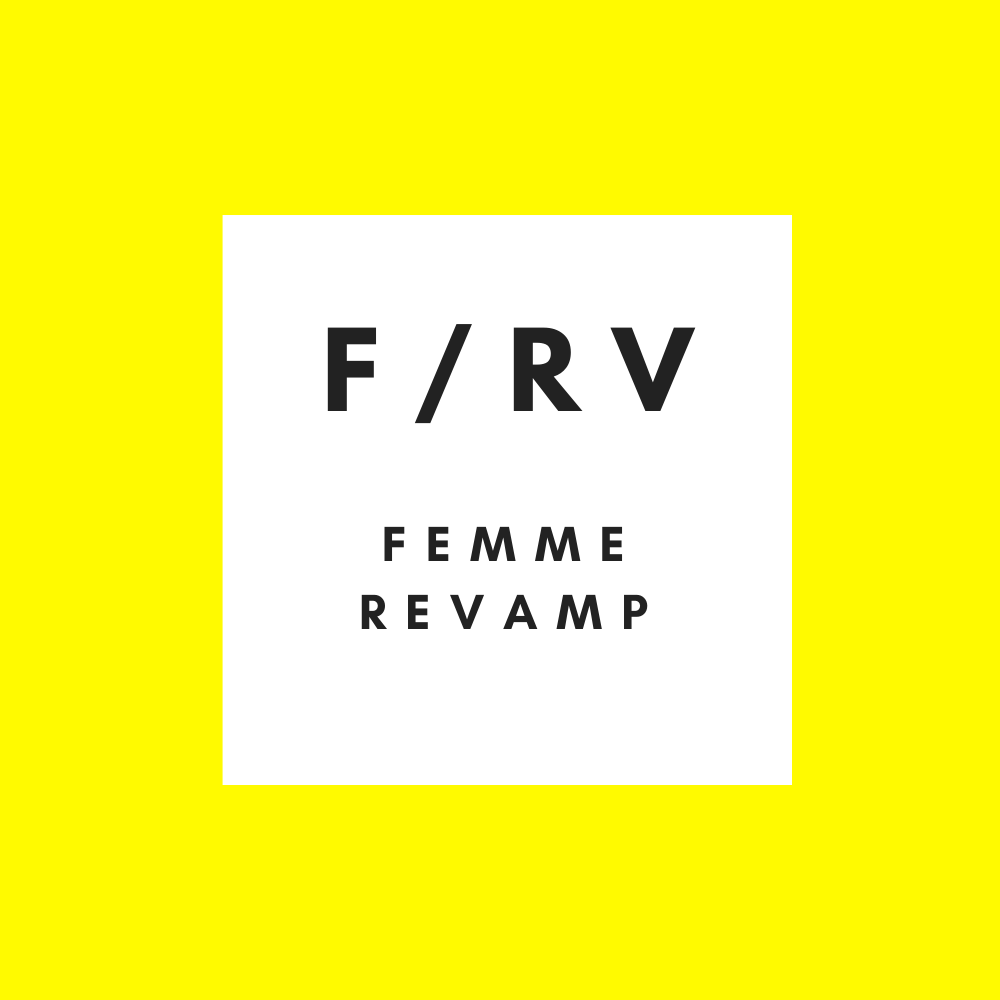Cover photo by Eugene Kuo
A More Just Workplace. Work-In-Progress
By Angela Tai
A friend of mine once paralleled what it's like to be the only Puerto Rican at his office to the feeling of being a woman in a predominantly male workplace. You can't quite pinpoint why you feel like an outsider, except you know the feeling is valid. You tell yourself to not overthink things and just play it cool. Do whatever it takes to get the job done.
Until now, I’ve shied away from being dubbed a feminist or even discussing women’s empowerment as I'm a believer that all people are equal (and can be equally cruel to each other regardless of gender). As a Taiwanese immigrant who lived in the American South for an extended period of time, I saw firsthand where race and creed often automatically catapult or restrict you to a certain social group. This has led to complicated feelings surrounding workplace fairness that extends beyond gender. I believe a unified force, with women and men, yields a better outcome in bridging the gender equality gap. What's good for women is also good for men. To "toe the line" on a cause that's been sufficiently covered by people who are far more qualified than me makes me uneasy. However, like many other women, the current political climate galvanized me to push myself out of my comfort zone and stand up for what I believe to be true.
In full transparency, throughout my career I've mainly worked for female-led companies. For that, I'm grateful. With that said, my first job in NYC was at a financial executive search firm where the founders didn’t consider the old boys’ club-like setting alienating. As a halcyon early 20-something-year-old, I was happy to land a part-time researcher position. My boss instilled a work-hard-play-hard mantra that included daily trivia that he coined “Circle Jerk and Chair Tossing Competition”. I suspect many women faced with similar situations might feel compelled to play it cool, as I did, even when it goes against their instincts. I remember being embarrassed that I couldn't keep up with the pop culture and sports-related questions he fired away at us. Partially, I didn't want to be that girl who didn't know the references my American male counterparts seem to have all the answers to at tip of their tongue. As the only woman on the team, I wanted to fit in and show that I could hang with the guys. Don't get me wrong, a lot of my female friends do genuinely enjoy sports and perhaps would appreciate a rowdy game to help make the workday go by faster - that's all great. But what is the alternative option if that's not the case? For example, in my case.
Recruiters hear the phrase “war on talent” a lot. Employers leverage “culture” to beat out their competitors. Hiring managers push for a progressive and fun work environment in the attempt to attract the “right fit”, but unintentionally leave people behind by doing so - fun for some, but not for all.
As the Founding Partner of AD Talent, a boutique executive search firm based in New York, I re-examined how we help our clients achieve gender equality and diversity & inclusion. It's impossible to focus on one and not consider the other, as gender equality should be achieved through diversity, equality & inclusion, with women and men working in tandem. What does it mean to "have it all" as working women (and mothers) in the connected digital age when the mainstream work culture slaps slogans like "work hard play hard" and "fridge stocked with beer" as the defining company perks?
Talent strategies are more critical than ever with the advent of technology and machine learning. Companies need more diverse humans to work alongside with the technology to create a more cohesive and successful business. It's well-documented that gender balanced organizations drive higher growth. Not to mention, companies with strong social responsibility and values attract better talent. In this deeply embedded digital generation, the majority of the workforce doesn't feel the need to be tied to their desks in order to be collaborative and productive. But simply paying female employees equal wages isn't enough. So often we hear stories of women who are forced to choose between their career and work/life balance, or justify their decision if they take an extended career hiatus.
It's a harsh terrain for working women, especially moms, that even the most well-intentioned hiring managers struggle to navigate, and I empathize. As recruiters, we find ourselves quickly moving on to the next resume without a second thought when we see the dreaded gap on female applicants' resumes. These are behaviors ingrained in our corporate culture that are, unfortunately, far too accepted. I don't pretend to be the subject matter expert on this topic. I can only speak from my personal journey in redefining gender equality and diversity & inclusion, and what we've found to be working for us here at AD Talent.
In my quest to create a more just workplace that embraces talent across all genders, races, family situations, creeds and sexual orientations, I encourage a personalized work style that focuses on individual productivity versus the “appearance of work.” As a company, we utilize technology and various workshare platforms to hold ourselves accountable to our business objectives even when we’re not onsite sitting in an office. Instead of using inflated buzzwords that are masculine and exclusive, we craft real job descriptions that are meant to attract and include diverse talent. We replace work-hard-play-hard with a work-smart approach. Unlimited PTO has a definition, and not just another way for the company to bet on its employees passing up on taking their well-deserved time off. We hire talent not based on what they've accomplished in their previous positions but how their strengths, contributions, and merit integrate with the team. We are transparent with compensation discussions.
More importantly, we don’t use "culture fit” as an excuse to reject people. Again, reinventing the way organizations engage talent is a constant work-in-progress. It requires mutual trust and responsibility between employer and employee. As I continue to listen in, observe, and emulate my peers and mentors who are passionate about changing the current workforce landscape, I hope to collaborate with more women and men who put themselves out there. If you're interested in partnering and having a discussion, I look forward to hearing from you.

